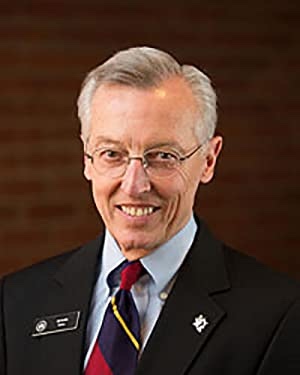Gil Bailie

Gil Bailie took a law degree from the University of Tennessee in 1967, but has devoted his life to exploring, teaching, and lecturing on the Western literary and religious tradition. He is the founder and president of The Cornerstone Forum, a founding member of The Colloquium on Violence and Religion, a member of the Fellowship of Catholic Scholars, and a member of the College of Fellows of the Dominican School of Philosophy & Theology. For more than two decades Gil worked with his friend and informal teacher, the Stanford professor and noted cultural theorist René Girard, whose work he presented to a non-academic readership in his 1995 book Violence Unveiled: Humanity at the Crossroads. In arguing for a restoration of a robust Alpha and Omega christology in his 2016 book God’s Gamble: The Gravitational Power of Crucified Love, he brought Girard’s important anthropological contribution to human self-understanding into dialogue with the thought of the theological tradition exemplified by Joseph Ratzinger, Henri de Lubac, and Hans Urs von Balthasar, with special attention given to the latter’s Holy Saturday theology. His latest book, The Apocalypse of the Sovereign Self: Recovering the Christian Mystery of Personhood addresses the prevalent spiritual pathologies that have arisen as Western culture has surrendered its Christian patrimony.
About the Cornerstone Forum: For several decades, the Cornerstone Forum has worked to bring René Girard’s extraordinary anthropological contribution to human self-understanding into fruitful dialogue with the theological tradition exemplified by Joseph Ratzinger, Henri de Lubac, Hans Urs von Balthasar and others, and to bring these riches to the attention of a wider, non-academic audience. Both Girard and these theologians would concur with the observation of the future Benedict XVI, namely that the Cross of Christ “has uncovered the lost center of the world’s circle, thus giving their true dimensions and meaning to the movement both of individual lives and of human history as a whole.”